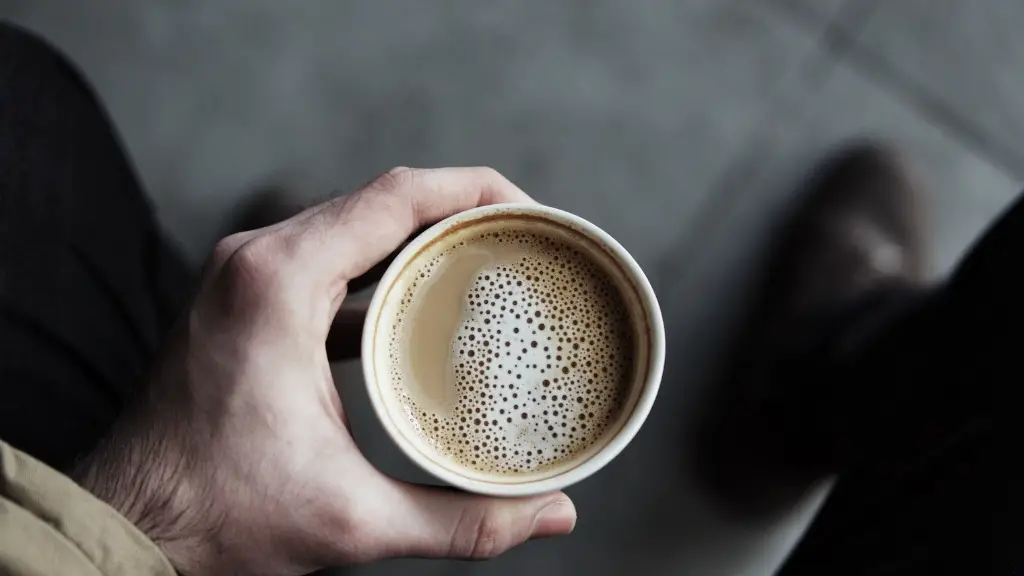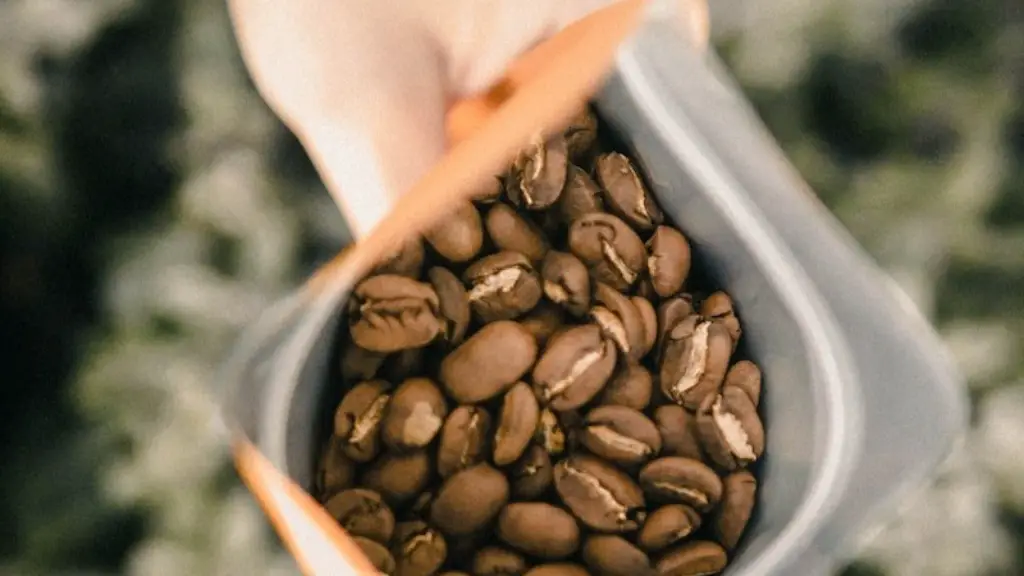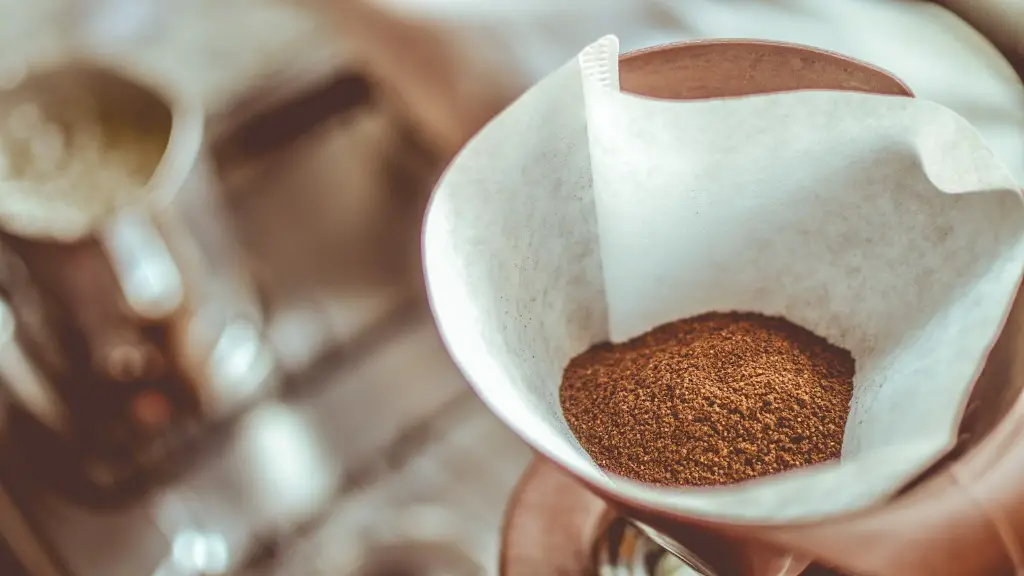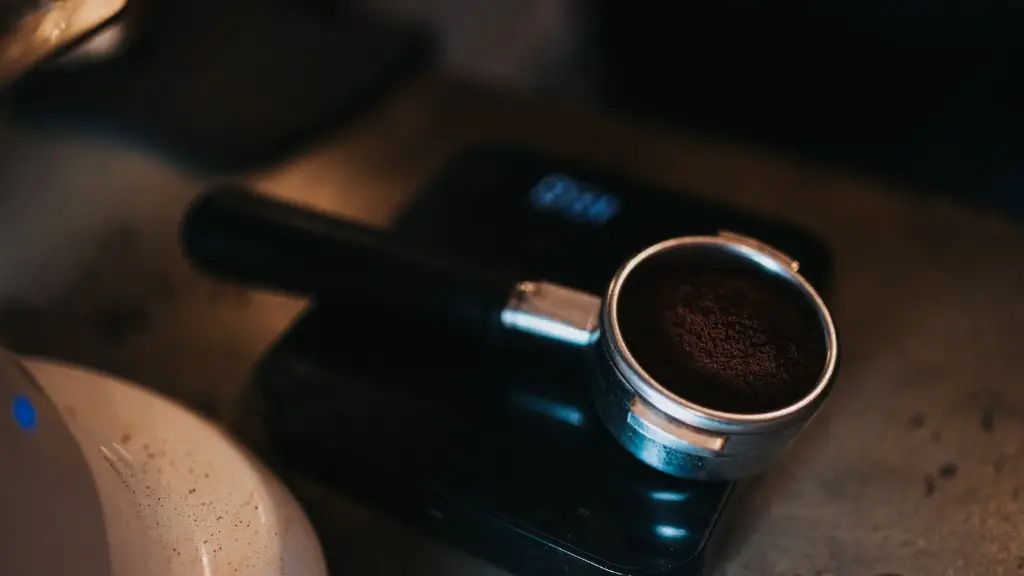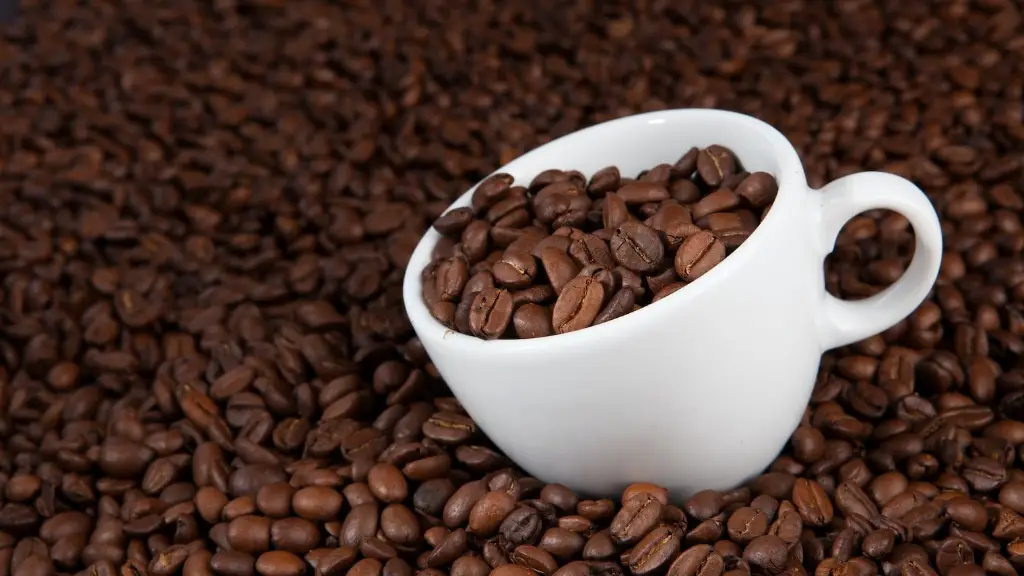Coffee and its Side Effects on the Human Body
When you think of coffee, you usually think of early-morning energy boosts, hot brews to get you through the day, or a social cup of joe with friends. While coffee is usually associated more with positive feelings, it doesn’t come without its drawbacks. One of the side effects from drinking coffee, which often goes unnoticed, is bloating.
Known as a symptom rather than an illness itself, bloating is one of the most commonly reported side effects of drinking coffee. It occurs when gas or fluids become trapped in the digestive tract, causing the stomach to become enlarged. The cause of bloating varies widely; diet, medications, or certain medical conditions can play a role in this uncomfortable symptom.
But aside from pre-existing health issues, what causes someone to feel bloated after drinking coffee? There are several possible explanations.
The Effects of Caffeine on Bloating
Coffee contains caffeine, a stimulant that affects the central nervous system and keeps a person alert and focused. While caffeine is one of the most widely used stimulants throughout the world, it can cause a surprising reaction in the body.
According to experts, caffeine consumption causes the adrenal glands to produce epinephrine, a hormone that causes the body to go into a “stress response”. This response increases the movement of fluids and air through the digestive tract. As a result, many people find themselves experiencing bloating in the hours after drinking coffee.
The amount of caffeine consumed can also play a role in the amount of bloating experienced. Generally, having more than 500 milligrams of caffeine in a day can cause distention and pressure in the stomach, leading to the uncomfortable sensation of bloating.
Sensitivity to Coffee Additives as a Cause of Bloating
If a person notices that they are bloated after drinking coffee every day, it is likely that the problem lies with something other than caffeine. Coffee additives such as creamer, sugar, syrups, and so on can all cause bloating.
These additives often contain starches and sugars that the human body struggles to digest. As a result, it may produce more gas which leads to the feeling of bloating. Any additives that are highly-processed, artificial, or contain unhealthy fats or added sugars should be avoided in order to reduce the chance of bloating.
Effect of Acid Reflux on Bloating
Coffee is also known to be a possible trigger for acid reflux, a condition in which stomach acid rises up the esophagus and irritates the lining. This burning sensation can cause bloating and abdominal discomfort, as well as other symptoms like heartburn, nausea, and even coughing.
The caffeine in coffee can make acid reflux symptoms worse by causing the lower esophageal sphincter (LES), a band of muscle that closes the stomach off from the esophagus, to relax and allow stomach acid to escape.
Drinking coffee without added creamers and syrups can help prevent bloating and other symptoms common with acid reflux.
Reducing Bloating Through Diet and Habits
The most effective way to reduce bloating after drinking coffee is to limit the intake of caffeine. Start by having a smaller cup of coffee a day, then wait and observe if the feeling of bloating decreases. Experts advise to also drink plenty of water throughout the day and practice mindful eating.
If someone notices that they feel bloated after a specific cup of coffee but don’t want to give it up completely, there are other steps that can be taken to reduce the instances of bloating. It’s important to experiment and observe which styles and recipes of coffee may have less adverse effects on the individual’s bloating.
Using an Alternative to Coffee
If the bloating persists, an individual may have to consider finding an alternative to coffee that provides the same benefits without the side effects. Many coffee alternatives do have some caffeine, but usually contain fewer milligrams. Some of these alternatives include chicory root, dandelion root, matcha powder, and even herbal tea.
In some cases, individuals may discover even better alternatives such as green tea, which contains small amounts of caffeine and higher levels of antioxidants. In addition to providing the desired effects of coffee consumption, green tea also has positive health benefits.
Coffee Addiction and Bloating
Coffee addiction is a growing phenomenon in some areas of the world, and it can worsen the feeling of bloating after drinking coffee. Caffeine, when abused, can cause anxiety, insomnia, and other physical ailments.
People who struggle with their coffee consumption should recognize the physical and mental effects that coffee may be having on their health. Overall, it’s important to drink coffee responsibly and observe the effects on the body and mind without over-indulging since it can lead to undesirable symptoms in the long-run.
Coping With Bloating Due to Coffee Drinking
Making dietary changes and increasing individual awareness are two of the best ways to cope with bloating caused by coffee. Limiting caffeine consumption, drinking plenty of water, avoiding heavily processed additives and switching to tea could decrease the adverse effects from drinking coffee.
If a person decides to reduce the amount of coffee consumed, it’s important to understand that coffee contains potential benefits. That’s why setting realistic goals and coming up with a plan to moderate coffee intake can be very beneficial in the long run. It may also be wise for some individuals to involve medical professionals that can help personalize strategies for reducing the bloating associated with drinking coffee.
Health Benefits From Coffee Consumption
Despite the potential drawbacks of coffee consumption, research has shown that coffee can provide several health benefits. It is known to reduce the risk of type 2 diabetes, some types of cancers, Parkinson’s disease and Alzheimer’s disease, as well as potentially extend life expectancy.
While enjoying the positive effects of coffee consumption, individual awareness is the key to reducing the chances of bloating. It’s important to remember that everybody’s body is different and thus the effects of drinking coffee may vary from person to person. By understanding the various possible causes of bloating and the potential effects of coffee on the body, individuals can enjoy their daily cup of joe without worrying about potential side-effects.
A Note of Caution on Coffee Sensitivities
Some people may have a hypersensitivity to
